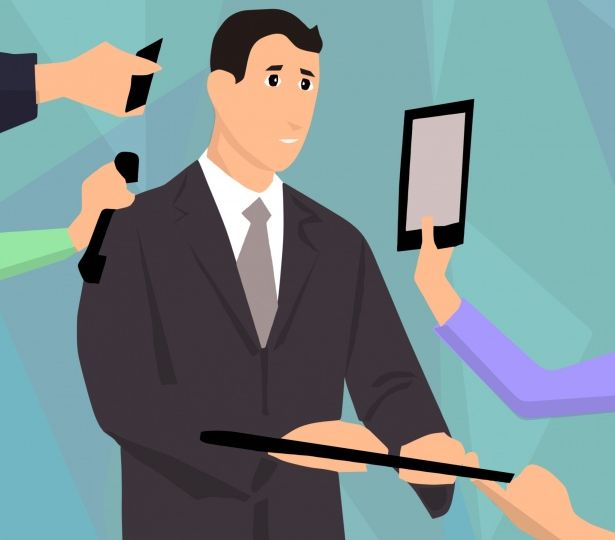Giving up on multitasking was not among the resolutions I was planning to make for 2020.
But a professional development workshop, “The Myth of Multitasking,” set me on a new course this year.
The presenter, Jill Mueller of Darcy Luoma Coaching and Consulting, had me so captivated that I stopped looking at my phone and quit taking notes on my iPad. I simply listened. (That’s known as an “active switch.” I chose to hear what Jill had to say):
- We spend two hours a day at work making up time because of distractions
- We are interrupted on the job every three minutes
- Too much of this can ruin our productivity and creativity
Incredibly, I was no longer thinking about what was waiting for me at the office that day or the groceries I needed to pick up that night. I conquered the “passive switch,” where thoughts that would have normally shifted my attention were on hold.
More compelling information kept coming. I was laser-focused.
Scientists say it’s impossible for our brain to multitask, yet we’re still expected to do it on the job. “You’re not working hard enough,” is the perception.
How is that fair?
Computers can multitask, but not the human brain. It’s not wired that way. Once you complete a task, your brain kicks it out. It’s finished. That’s why we often forget what we did during the day. The brain conveniently moves us on to our next project.
Did you know that there’s a price to pay for distractions and interruptions by phone calls, co-workers and text messages? This “task switching” has a “switching cost.” It happens like this: you were drafting an email, someone stopped by your office to chat about their vacation, so you hopped on the internet and browsed through photos, which reminded you to send your husband an email about something you heard on the drive to work that morning.
Your colleague leaves. Now, you can’t remember what you were doing. You must now rewind your mind before you can get back to work. More time is lost, delaying your inspiration and productivity.
Intrigued? Jill recommended a good book, The Myth of Multitasking by Dave Crenshaw, to learn more.
So, did you get read to the end of this story without being disrupted? Or did you immediately jump online to check out the multitasking book? Be honest now. I glanced at the messages buzzing on my phone three times while writing this blog.


